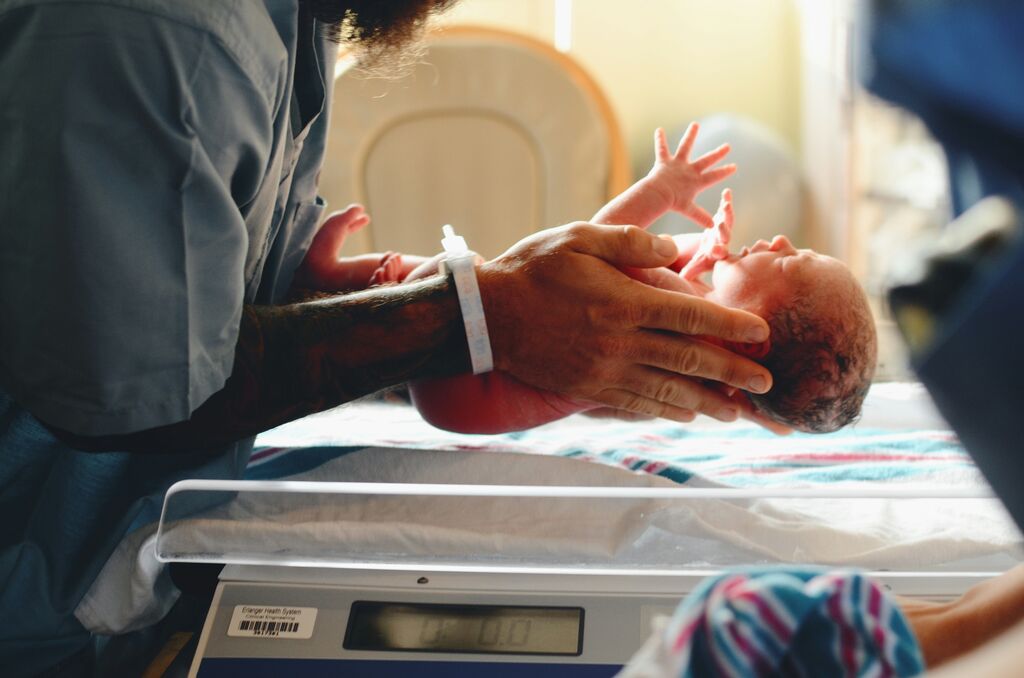Assisted Suicide
Canada considers euthanasia for severely ill newborns

Canada is facing renewed controversy over its expanding euthanasia laws, following a proposal from the Quebec College of Physicians to permit euthanasia for severely ill newborn babies.
The suggestion, put forward by the medical regulatory body, would allow parents to request euthanasia for infants suffering from extreme pain and who have no prospect of survival due to serious congenital conditions or multiple disabling syndromes.
While Canadian law already permits families to withdraw life-sustaining treatment in such cases, the new proposal would actively allow medical intervention to hasten death.
Widening eligibility for euthanasia
Canada legalised Medical Assistance in Dying (MAID) in 2016, originally limited to adults suffering from terminal illness. Since then, eligibility has widened significantly.
Patients no longer need to be terminally ill, and by 2027, people with mental illnesses will also qualify. Parliament has also recommended extending access to mature minors.
Today, MAID accounts for approximately one in every 20 deaths in Canada, a rate that far exceeds that of countries with similar legislation.
Nearly two-thirds of recipients are cancer patients, but other cases include those experiencing chronic pain, disability, or mental health struggles.
Growing discomfort in the medical profession
The proposal to allow euthanasia for infants has prompted ethical questions, particularly around consent and the value of vulnerable lives. Critics fear that expanding the law further risks devaluing people who might otherwise be supported to live.
Reports from medical professionals have highlighted growing discomfort. Some doctors say they feel pressured to honour requests for euthanasia, even when patients are not terminally ill. There are documented cases of individuals requesting assisted death due to poverty, inadequate housing, or social isolation rather than medical suffering.
In one such case, a woman with chemical sensitivity and a history of trauma requested MAID largely because she could not access suitable accommodation. Another man, unemployed and socially isolated, was euthanised after a health professional reportedly overstepped professional boundaries by facilitating his travel to the euthanasia appointment.
Ontario’s chief coroner noted in a 2024 report that some MAID cases were linked to unmet social needs rather than physical pain. These findings have raised concerns that societal failures may be driving people toward ending their lives prematurely.
The slippery slope of assisted suicide
This new development only adds fuel to the 'slippery slope' argument often made against legalising assisted suicide and euthanasia.
Assisted suicide proponents argue that assisted suicide laws can be tightly controlled and restricted to those who are terminally ill adults. However, examples of countries where it has been legalised, such as Canada and the Netherlands, demonstrate that once you open the door to assisted suicide, those restrictions gradually erode over time.
Canada remains one of a small number of countries where euthanasia is legal. If the proposal to include infants proceeds, it would mark one of the most significant—and controversial—expansions to date.
Share
